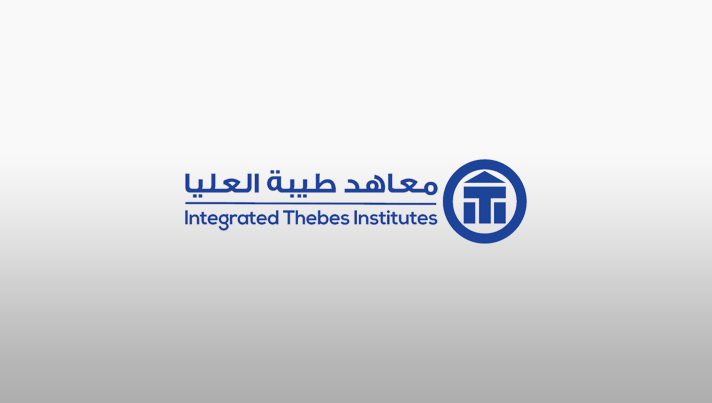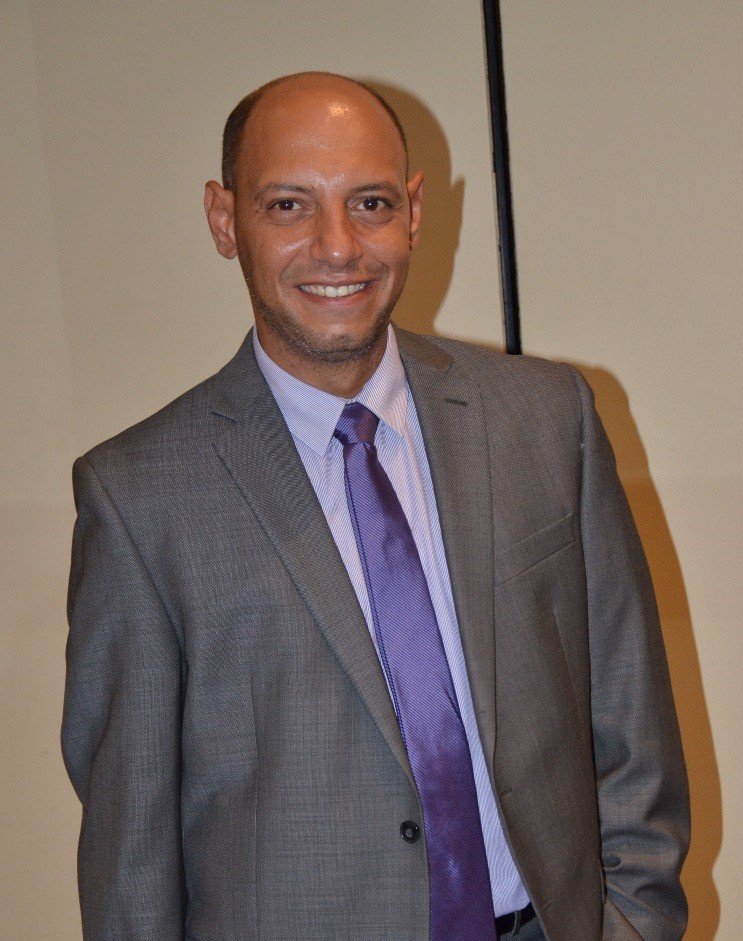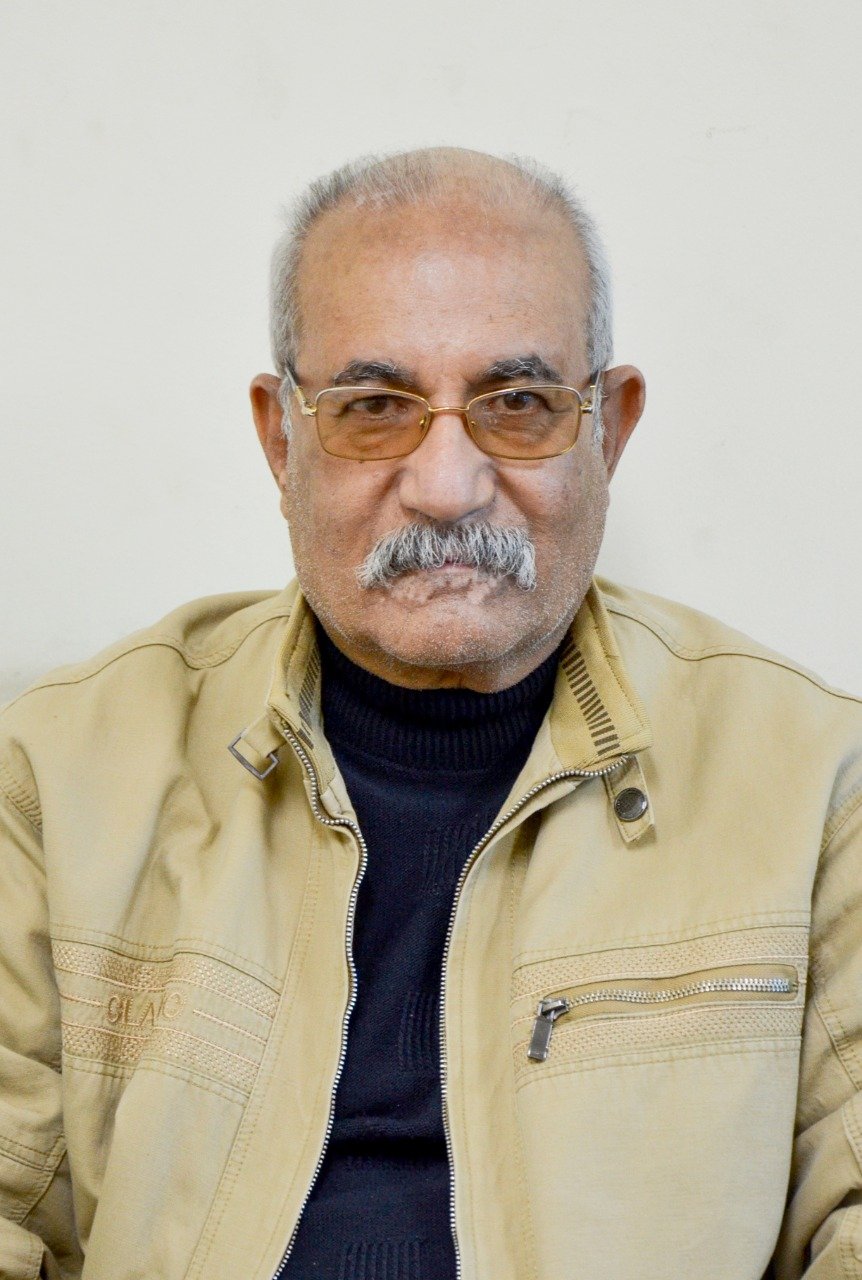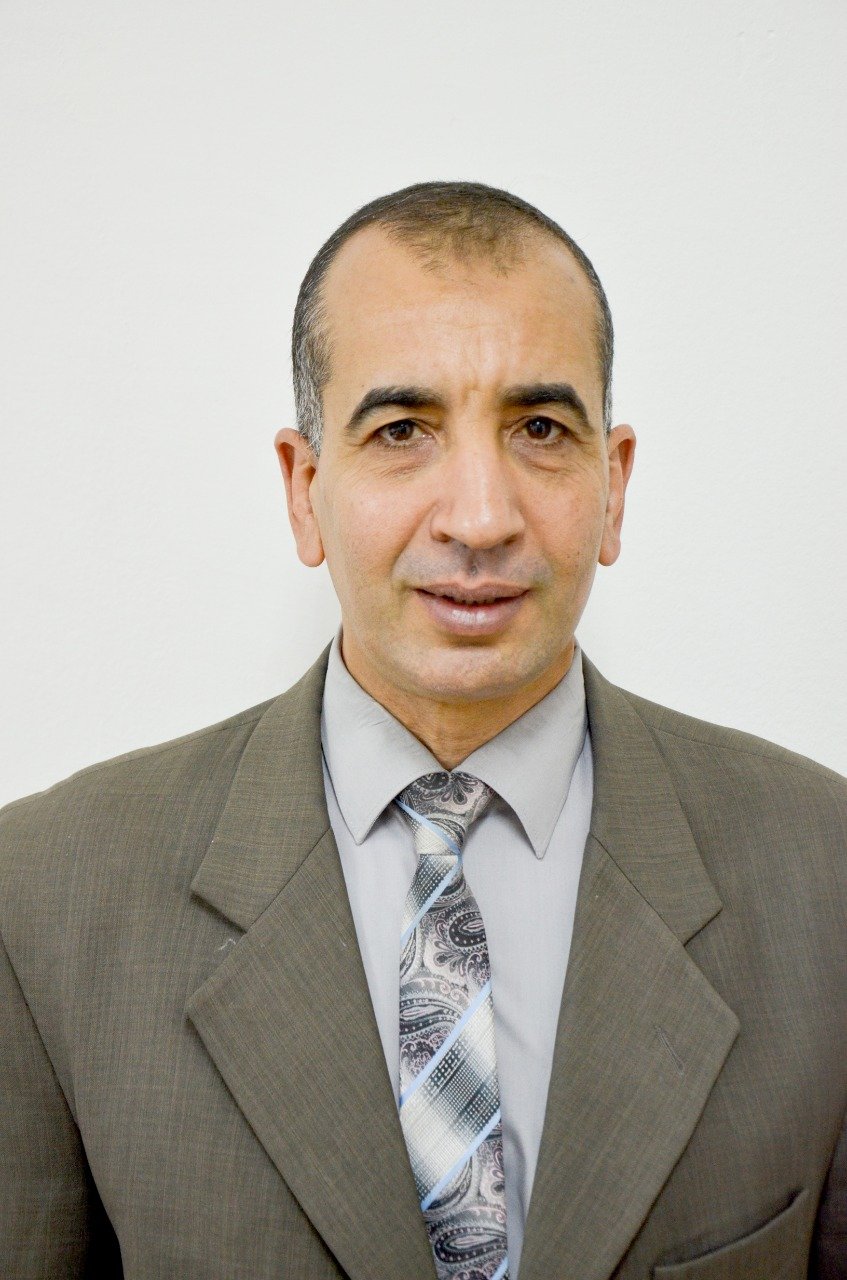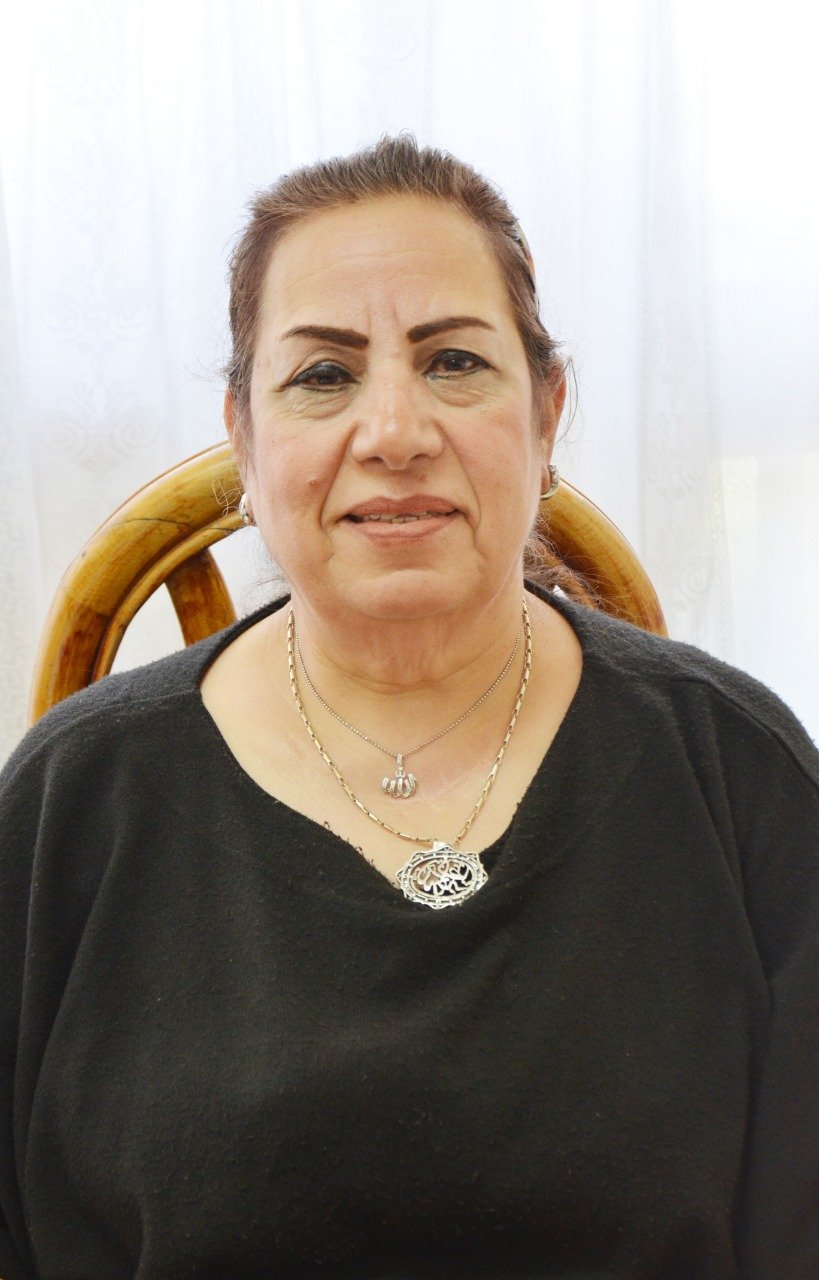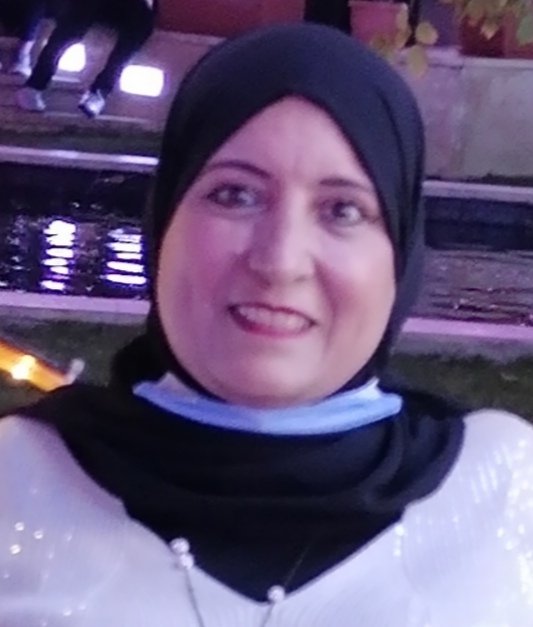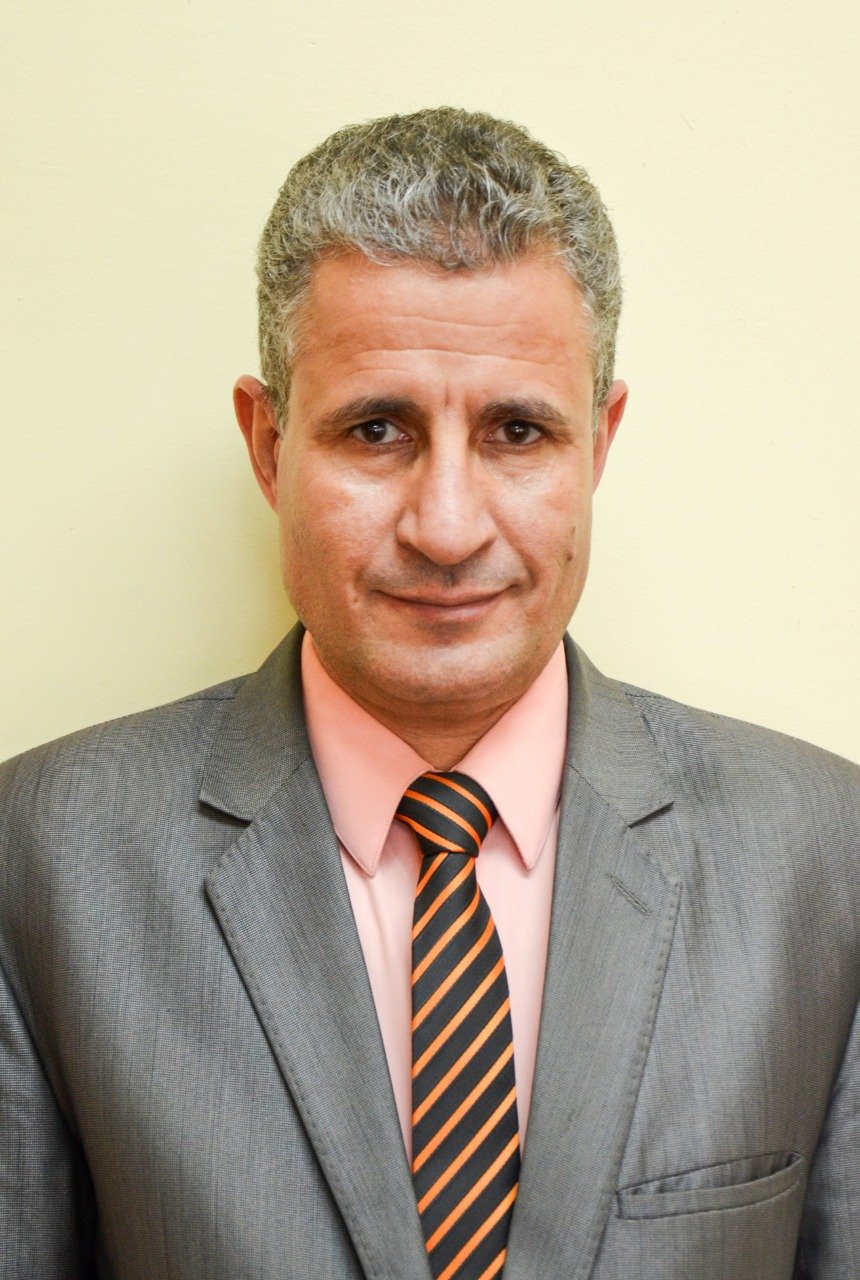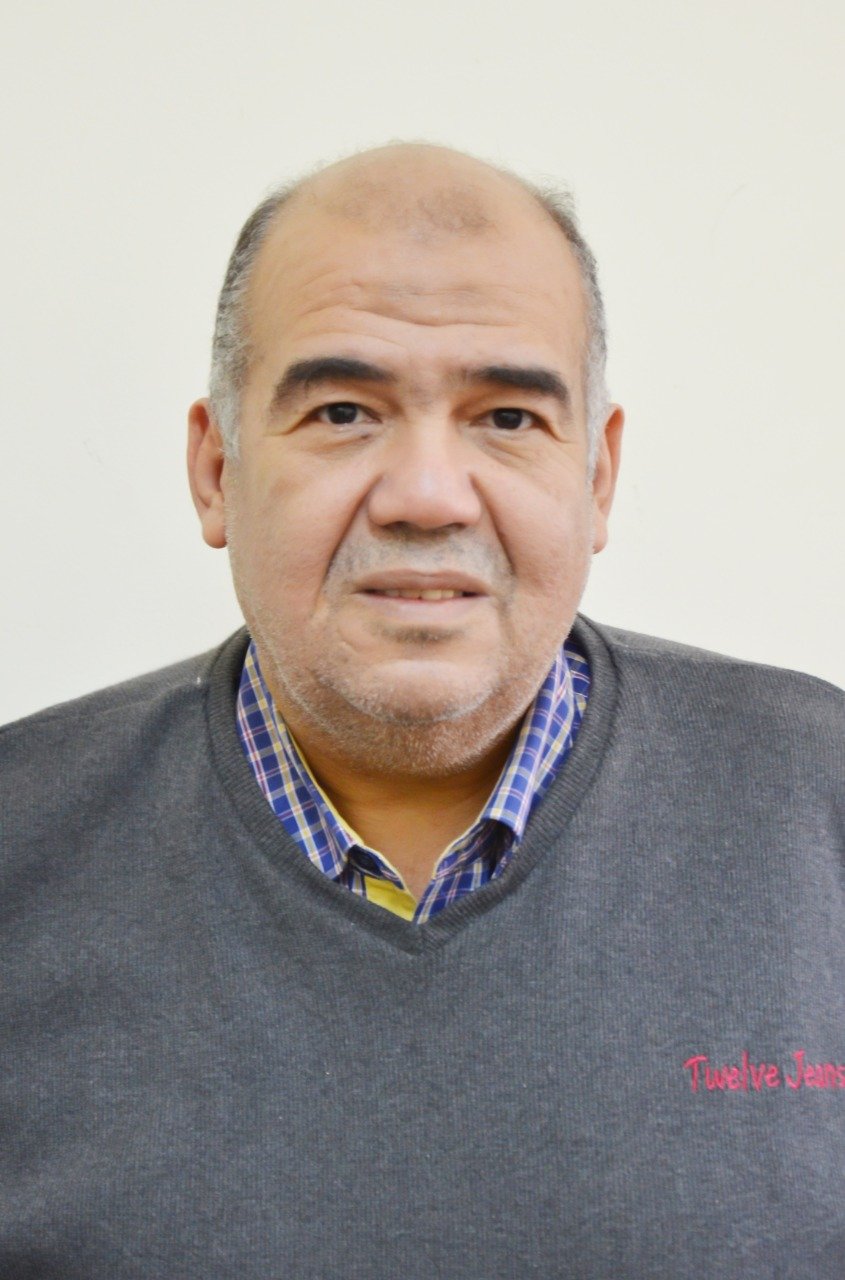- The Academy provides an academic advisory service to students during the various educational stages by allocating an academic advisor (a faculty member) to each group of students, in order to help students choose subjects in different specializations, develop a study plan for them within the limits of their capabilities and help students overcome any difficulties or Problems.
The academic year is divided into three semesters as follows:
- The credit hour is calculated as one hour for each theoretical lectures hour or for every two hours of exercises or labs per week. The number of credit hours that the student studies during the semester must not be more than 20 credit hours and not less than 12 credit hours. However, in exceptional cases, according to rules set by the board of directors and based on the proposal of the student’s scientific advisor, the student may endure three credit hours more or less than the maximum or minimum limits. Likewise, it is not allowed for the student to get more than the student on the warning list (i.e. subject to dismissal due to his low level About the minimum credit hours.
- The student obtains a bachelor’s degree after completing the study of a certain number of credit hours during the four years of study in one of the following field, as follows
- Bachelor of Computer Science requires 115 credit hours
- The student is evaluated continuously during the semester in addition to the exam at the end of the semester, and the work of the semester represents part of the final grade, and is represented in the periodic examinations, theoretical and practical exercises, research and regularity, while the last exam of the semester constitutes a percentage ranging between 50% to 80% of the final grade According to the department, the grades may be divided between written, oral, practical and research work according to the nature of the course.
- At the end of the semester, the student’s performance for each course is evaluated according to the following levels:
A grade (A), represents "excellent" and gives the student 4 points for the course.
A grade of (+ B), represents "very good, high" and gives the student 3.5 points for the course.
A grade of (B), represents "very good" and gives the student 3 points for the course.
A grade of (+ C), which represents "good, high" and gives the student 2.5 points for the course.
A grade of (C) represents "good", and the student is given a score of 2 for the course.
A grade of (+ D) represents "acceptable high" and gives the student 1.5 points for the course.
A grade of (D) represents "acceptable" and gives the student one point for the course.
Grade (F) represents "Failed" and the student is not awarded any points.
Likewise, no points are given to the student in case he withdraws from the course or does not complete it with an excuse, or in the case of the courses that the student attends by listening, or the courses that evaluate either
success or failure only.
- The student’s grade shall be in the form of the student’s average for the semester (semester average). It is calculated by adding the points obtained and dividing them by the number of accredited scientific units for the total courses studied in this semester. As for the cumulative average of the student’s grades, which includes every subject from the start of his enrollment, it is calculated by dividing the total number of points obtained by the student in all courses until the end of the previous semester by the number of college accredited academic units. The general average of the
student’s grades upon graduation is calculated in a similar manner.
- The student's name is placed on the honors list for a semester if his average for the previous semester is not less than very good without failing in any subject. Provided that the number of academic units in which the student registered for this semester is not less than fifteen units.
For this procedure, the student must be of good reputation, and no
violations have been registered against him within the Academy.
- A student who fails a course or obtains an acceptable grade in it can re-study it to improve his grades in it so that the number of times the student studies any course does not exceed three times and the student pays the re-study fee for each course in case of repetition, and the student is dismissed from the institute if he fails in a compulsory course three times .
- A student may withdraw from registration in one or more courses after the approval of the academic advisor during a period not exceeding the end of the fourth week of starting the study, taking into account the minimum number of credit hours.
- If the student has been dismissed due to the exhaustion of failing times in one or more compulsory course, he may be re-enrolled as a student from abroad with the approval of the Board of Directors while attending practical exercises, and the re-registration shall be a maximum of three semesters in which the student failed, provided that the student pays the full cost of studying in the courses registered in it. In addition to a re-registration fee determined by the institute's board of directors, to be transformed into a regular student again after completing the reason for his dismissal
- A student who is regular in one of the departments can transfer his registration to another department after paying a registration transfer fee determined by the board of directors, provided that he fulfills the conditions of acceptance of the department to which he is transferred.
The student is granted first honors upon graduation if he obtains an excellent general grade. He obtains a second honors degree if he obtains a very good general grade, provided that his cumulative GPA is not less than 3 during his study period.
A student who has a GPA between 3.5 and 4.0 at the end of any academic year is exempt from 20% of the expenses for the following academic year.
Transfer System:
It is permissible to transfer students to the institute from university colleges or higher institutes, corresponding or not, provided that they obtain a minimum total of grades in a manner that does not contradict the rules and regulations decided by the Ministry of Higher Education in accordance with the following:
1. The transfer of new students and candidates for the first academic level to the institute is accepted on the condition that the student obtains the minimum score for admission to the institute
2. The students enrolled in the higher levels in the corresponding colleges and institutes and those studying in the two-semester system or the credit hour system may be transferred to the institute after the scientific clearing of the academic subjects that have been studied in their previous institutes and colleges.
3. It is permissible to transfer students who are enrolled in the higher levels in colleges and institutes other than the corresponding institutes, on the condition that the student obtains the minimum number of admission that he has reached in the institute in the year the student attains the high school and its equivalent, or the year of exhaustion of repetition times, whichever is better for the student.
4. Acceptance of students who have exhausted their failing times:
The institute may accept students who have exhausted repetition times in colleges and higher institutes on the condition that they have obtained a high school diploma or its equivalent on a total that qualifies him to join the institute in the year he obtained that certificate or in the year of his enrollment in the institute, whichever is better for the student
5.Transfer from military colleges
It is permissible to transfer the enrollment of dismissed students other than the disciplinary way from the military colleges and the police college due to lack of military life validity, or those dismissed to exhaust the failing times of the institute, freshmen at the first level, provided that the student attains the total score reached by admission to the institute in the year he obtained the qualification or the year of dismissal, whichever is better for the student.
6. It is permissible to transfer from the Arabic Language Division to the same division in the English language, as of the first semester of the second division, as a maximum, provided that the student obtains 75% in the English language subject in the General Secondary School or its equivalent.
7. Students who have an equivalent certificate (Arab / foreign) are accepted or transferred through the coordination office only.
8. Registration and re-registration
The student may be registered and re-registered in the following cases:
• The new student who did not complete his registration procedures for an acceptable excuse.
• The student who withdrew his papers while he was enrolled in the institute and provided an excuse.
• A student who did not apply to the Coordination Office in the year he obtained his high school diploma or its equivalent with an acceptable excuse.


